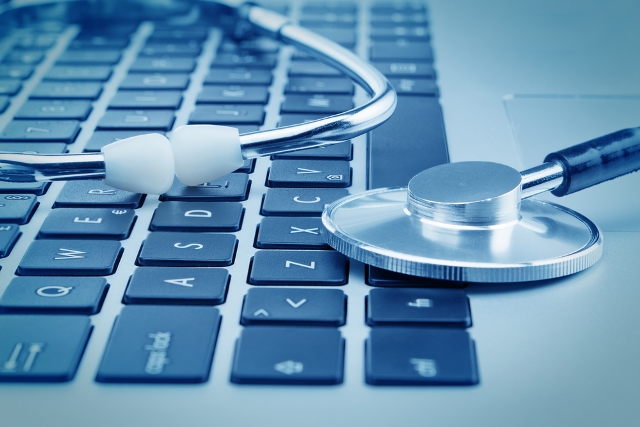A cyber attack on health systems worldwide sparked fears last week as IT systems all over were affected. It left doctors unable to access patient’s notes and ambulance diverted off course, leaving those in need of care stranded. But as devastating as this attack was, it’s nothing compared to what could have happened if medical devices were to be hacked.
It’s already been proven that implanted medical devices such as pacemakers and insulin pumps can be hacked remotely, transmitting deadly signals that causing life-threatening symptoms. When malware was discovered on the computers supporting cardiac surgery at a catheter lab in Virginia it shut down immediately until the problem had been rectified. In three more similar cases, malware was found on software in connection with X-ray devices, blood gas analyzers, and various communication devices.
Just last year, two different commercial vendors revealed vulnerabilities in insulin pumps which is quite concerning when these devices are becoming more and more popular across the world. The electronic medical device market is expected to reach around $398 billion in 2017, with a steady rise of approximately 3% per year up until 2022. Unfortunately, the security features aren’t been looked at as often as the devices and many are left wide open for attack.
But, all is not completely lost as there are numerous steps hospitals can take to reduce any risk to their patients and their data. The first thing to do is to assess device cybersecurity and how on par they are with clinical efficacy. Discuss any vulnerabilities with vendors and ways to deal with them. Keep up to date with the International Organization for Standardization’s guidelines – of which a new version will be released in 2019. Avoid using workarounds or shadow IT groups and proactively encourage end users to stay away from nonadherence to security policies. Also, ensure that all devices use antivirus and antimalware software.
Another way for hospitals to try and protect themselves is by proactively assessing risks and patching vulnerabilities. There are guidelines that have been issued by the FDA to help anyone in the field protect against cyber security. Always stay alerted and stay informed. If something doesn’t quite look right – investigate or report it. Prevention is always better than trying to treat a problem once it’s happened.
Related Links;
- Medical Systems Hacks Are Scary, but Medical Device Hacks Could Be Even Worse
- Hackers Hit Dozens of Countries Exploiting Stolen N.S.A. Tool
- Government under pressure after NHS crippled in global cyber attack as weekend of chaos looms
- Implantable medical devices can be hacked to harm patients
More News to Read











